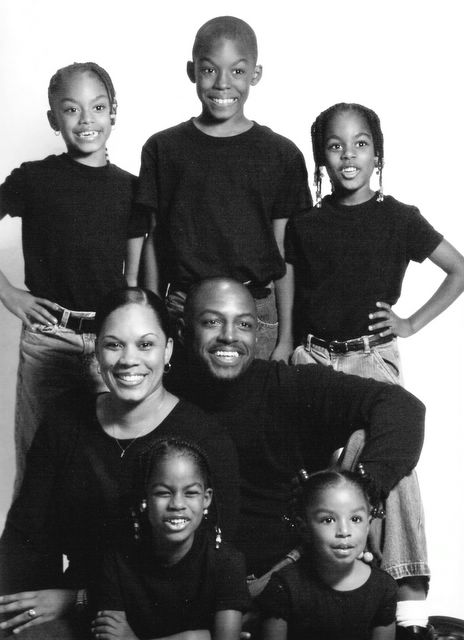I honestly believe that we have the awesome privilege of witnessing and even participating with an awakening of sorts in our day. Reformed theology is once again being faithfully preached and taught in a wider and ever-growing populace. There is energy and excitement around biblical theology once again as more and more churches and individuals are coming to see the dearth of theological reflection that has been so popular in the church and are awakening to the truth and experiential depth that is Reformed Theology. And as Reformed theology has found a wider audience in our day, it should not surprise us that this interest and rise includes the rise of Reformed theology within the predominantly black church.
And yet, as some blacks begin to embrace true biblical and historical theology, the question necessarily arises, "Can the Black church in America be Reformed?" While this is a question dear to my heart, before I address it at any length (in future post), I must first add this caveat to the question. In all honesty, the question is actually a question that should be asked of the rest of the Christian church in American, even as it is asked of the predominantly Black one.
Can the Church in America be Reformed? It is easy to look at some of the debilitating error of the Black church and miss that at some level the Black church in America is a reflection, almost microcosm, of the greater Christian expression in America. The vast majority of white churches in America need the theology of the Reformation as much as the Black church. The vast majority of white churches in America are full of erroneous theology and practices as are the black churches. In fact, it could be argued that the hindrances to bringing reformed theology to predominantly white churches is actually greater that it is in the predominantly black church.
For example, according to George Barna and his associates, black Christians in America are more likely to attend church, read their Bibles, believe the Bible is true, pray and fast, believe in the sovereignty of God over all of life, and trust the word of their preachers more than white Christians (see George Barna and Harry Jackson in High Impact African-American Churches). These statistics would seem to suggest that it would be easier to bring Reformed theology to people in Black churches than it would be to bring it to people in White churches.
Subsequently, to ask the question of the Black church is to beg the question for the White church. Alas, if the Black church in America can not be reformed, what hope is there for the predominantly White church? What hope do we have for Christianity in America? Well, actually a lot. And in fact, it may lie in examining the possibility of Reformed theology within the broader Black Christian context. I will examine this point next.

4 comments:
Excellent start brother! Looking forward to your continued reflections!
Thabiti
I was thinking "Can the reformed faith be brought to the white church" and I've sought to do that since I graduated seminary.
But I have to also admit thinking... what version of the reformed faith? Too often it's condescending, arrogant, and not very missionary... in other words it's not "catholic" in the best sense of the word, the word the reformers would have owned to describe their goal.
this is a question I ask myself often as I seek to build new models of how church is done. When you ask the question of reform, are you speaking in purely "Reformed" terms? Or reform in a more general way?
No need to respond now, I'm sure it will become clear as you proceed.
jt
www.jazztheologian.typepad.com
I may be a little less informed than the average reader. Could you please help me understand the specific correlation with reforming the White church and reforming the Black church? Thanks.
Post a Comment